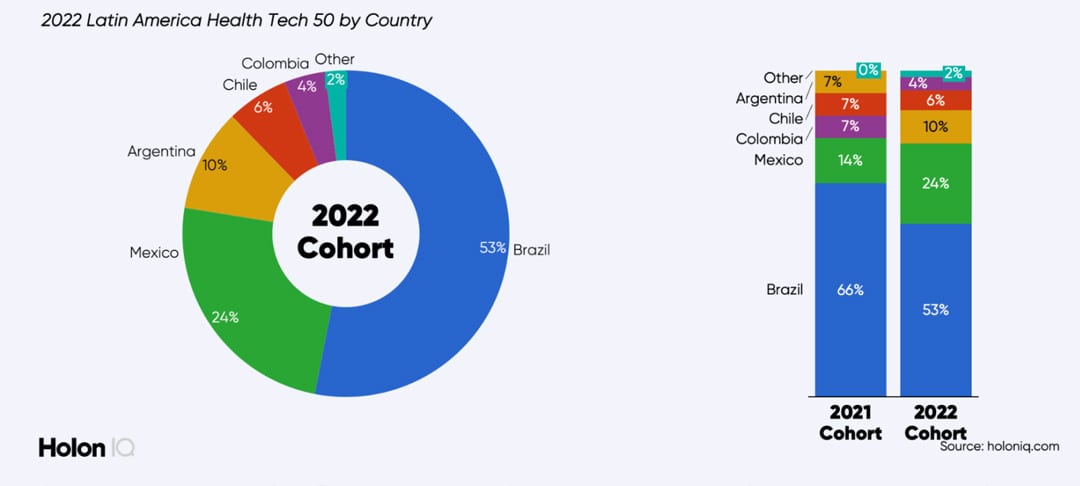MedByte, a Colombian startup, has introduced Mia, an artificial intelligence (AI) chatbot designed to diagnose and care for mental health risks. This innovative tool could benefit approximately 50.8% of the Colombian population who, according to the 2022 National Mental Health Survey, have experienced mental health-related symptoms in the last year.
Juan David Gutiérrez, CEO of MedByte, explains that Mia is not an ordinary chatbot. Unlike other automatic language models, it has been trained with honest conversations between psychologists and patients, allowing it to connect users with mental health specialists in minutes.
The process starts with a 21-question test sent through WhatsApp, assessing the likelihood of experiencing stress, depression, burnout, and anxiety, the latter being the most common disorder in Colombia, affecting 20.9% of the population.
Mia’s generative AI understands, responds, and learns from each interaction, acting as a confidant who is always available to listen and understand the users’ needs. This intuitive ability sets it apart from traditional customer service with preset responses.
Available 24/7, Mia provides constant support even in critical situations or severe mental health problems. Combining immediate attention and the ease of contacting a psychologist adds to personalized and preventive plans, offering users the exact care they need.
Since its launch in 2021, more than 26,000 people have interacted with this chatbot, achieving a satisfaction rate of 87.6%. Thanks to this tool, MedByte has reduced mental health costs by 22%, addressing crises and significantly improving the quality of life of its users.
Growth of HealthTech in Latin America
Mia represents a technological advancement and an essential step in the care and attention of mental health in a context where digital health innovation is taking off in Latin America. According to the HolonIQ LATAM Health Tech 50 of 2022, there is a notable advance in the HealthTech sector, focusing on developing technological platforms designed to facilitate medical care services remotely and at home.
Brazil leads in quantity, with 52% of the companies in the sector within the region. It is followed by Mexico, which houses 24% of the healthtech startups. Argentina, with 10%, and Chile, with 6%, have also experienced steady growth. Some emerging companies are achieving rapid growth and solid consolidation in the LatAm ecosystems.

Finally, a recent report by the Inter-American Development Bank (IDB) projects that the digital health sector in Latin America could be worth up to USD $20 trillion by 2024. This data underscores the interest of investors in startups focused on health care.






